7 Cars That Use Older Platforms Than You’d Think
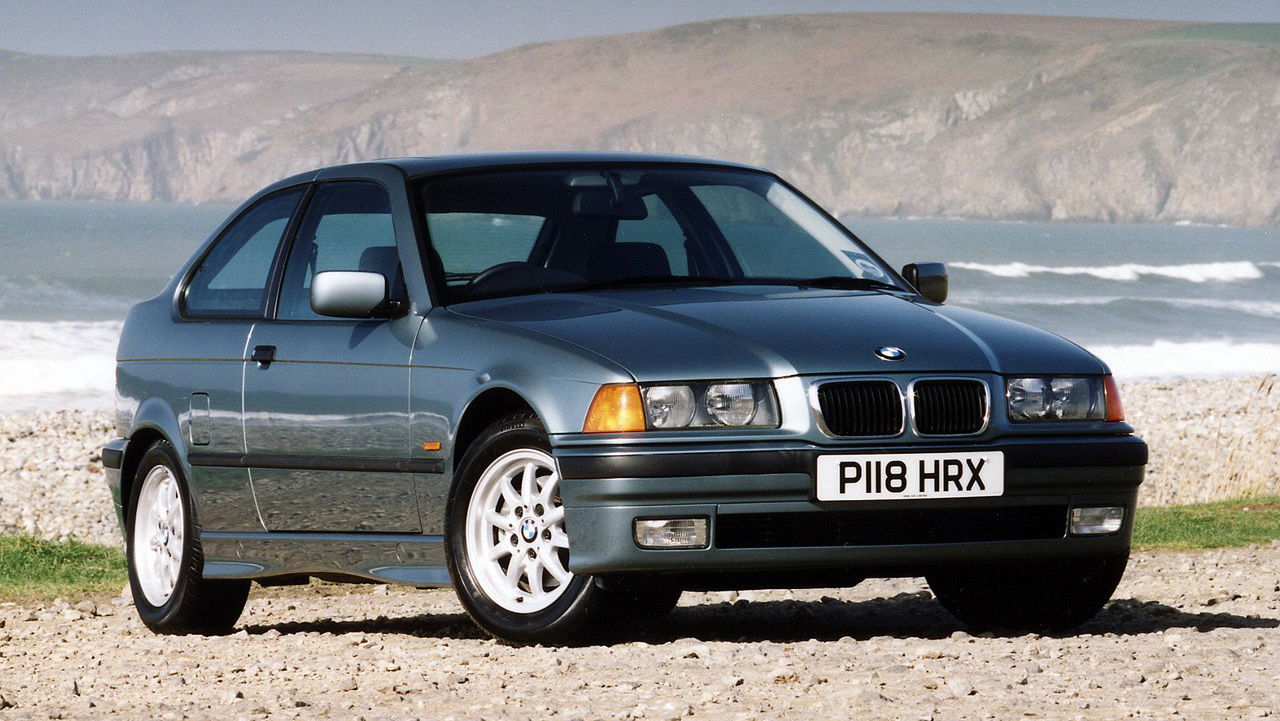
Not every new car arrives on a nice, fresh platform. Yes, we all know that sharing a vehicle architecture between multiple vehicles - such as VW with MQB or Volvo with SPA - is becoming increasingly common. But for a multitude of reasons, often cost-related, a car sometimes has to make do with what could be described as a hand-me-down platform.
Here are a few examples we can think of…
BMW 3-series Compact (E36)
You’ll have probably heard on an Internet forum somewhere that the E36 Compact is essentially a re-bodied E30 3-series, but the reality is a little more complicated. The front end of the chassis was taken from the E36 3-series saloon, but rather than use the fully independent rear of the then-new car, BMW joined it up to the rear torsion beam/trailing arm setup of the old E30.
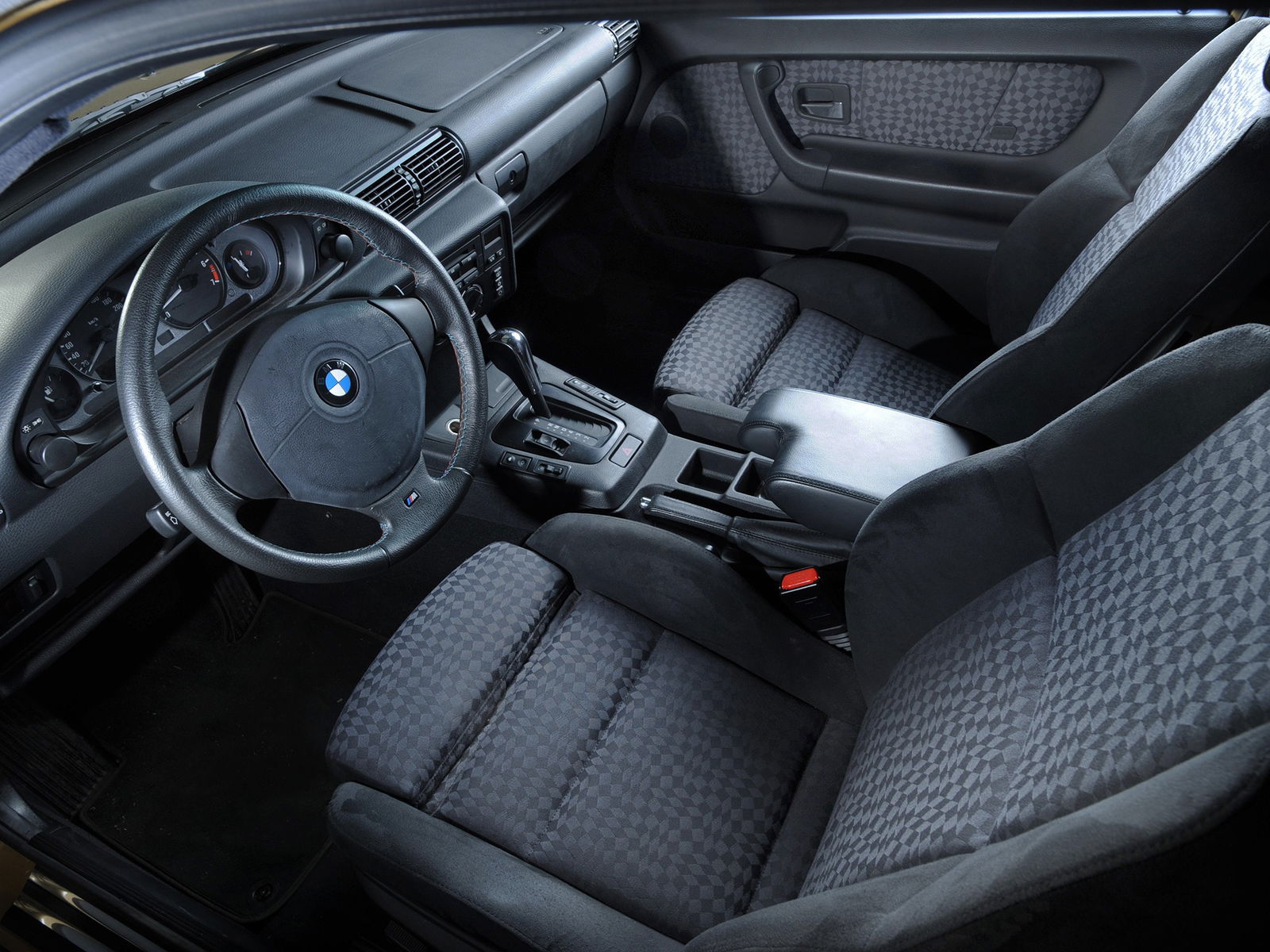
It’s a mishmash on the inside too, with various E36 parts living around a dashboard lifted from the old E30.
The car was replaced in 2001 with an E46-based version which didn’t engage in the same kind of back-catalogue pilfering.
Jaguar XJ (X351)

Having been kicking around for nine years now - an eternity in the luxury car world - the Jaguar ‘X351’ XJ is really starting to feel its age. But it’s actually even older than that. Don’t be fooled by the bodywork - it may look radically different to its X350/X358 predecessor, but peel it away, and you’ll find the same guts. Not necessarily a bad thing - the X350 may have been styled rather classically, but under its retro body panels is lightweight aluminium platform. With the X351, it was finally given the modern design it deserved.
Peugeot 206+
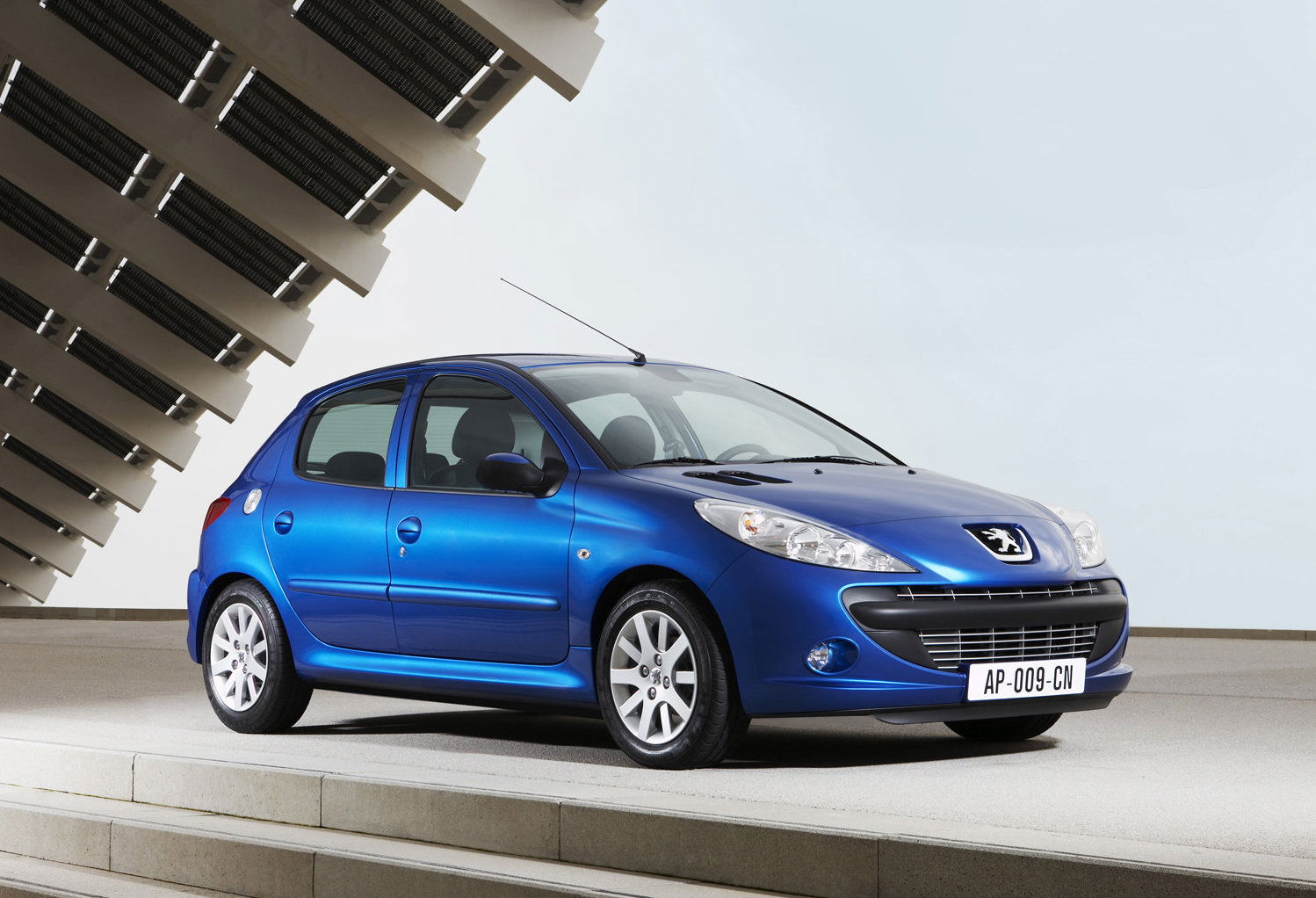
This car might the kind of headlights and wide, gopping mouth that make it look like a 207, and it was even marketed as a ‘207’ in some markets, but it’s little more than a heavily facelifted 206 with light mechanical changes. It was built in Argentina, and sold in Europe under the name ‘206+’. A right-hand drive version never materialised. Thankfully.
Dodge Charger
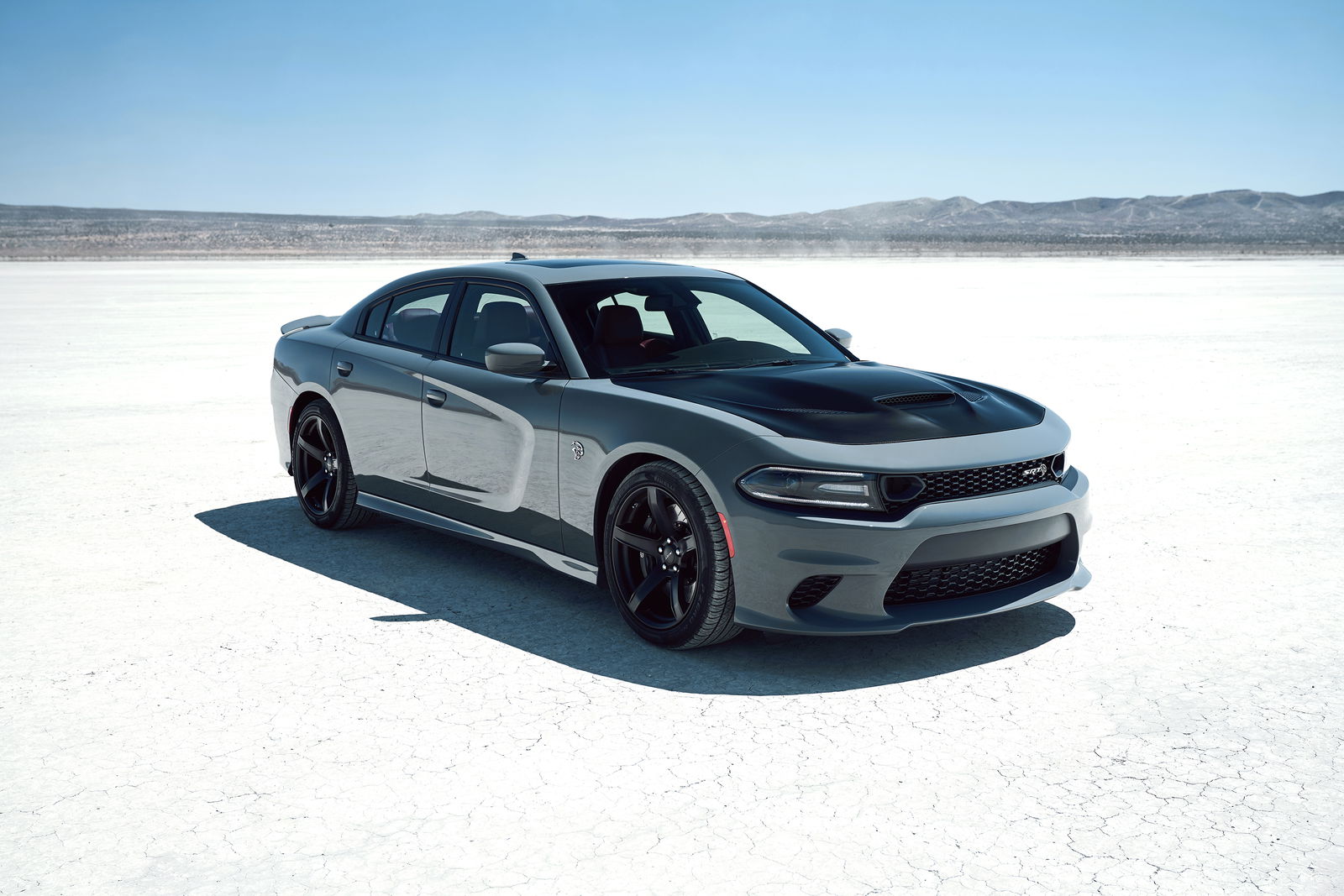
A new Dodge Charger may have come along in 2011, but it’s still based on the Chrysler LX platform that underpinned the 2005 version. It was created in the DaimlerChrysler years using borrowed Mercedes components that were even older, although, with numerous revisions since then, the Stuttgart link is now a little tenuous.
It’ll be given a “significant upgrade” and retained for the next-generation Charger too, Fiat Chrysler Automobiles CEO Sergio Marchionne recently said.
Here we have another car born out of the DaimlerChrysler merger, although the Mercedes link with this car is much stronger. The Crossfire was built by German firm Karmann at its factory Osnabrück on the R170-generation Mercedes SLK’s platform, starting in early 2003 - just as production on the latter car was drawing to a close. There was even an ‘SRT-6’ version powered by a supercharged AMG V6.
VW Golf Mk4 Cabriolet
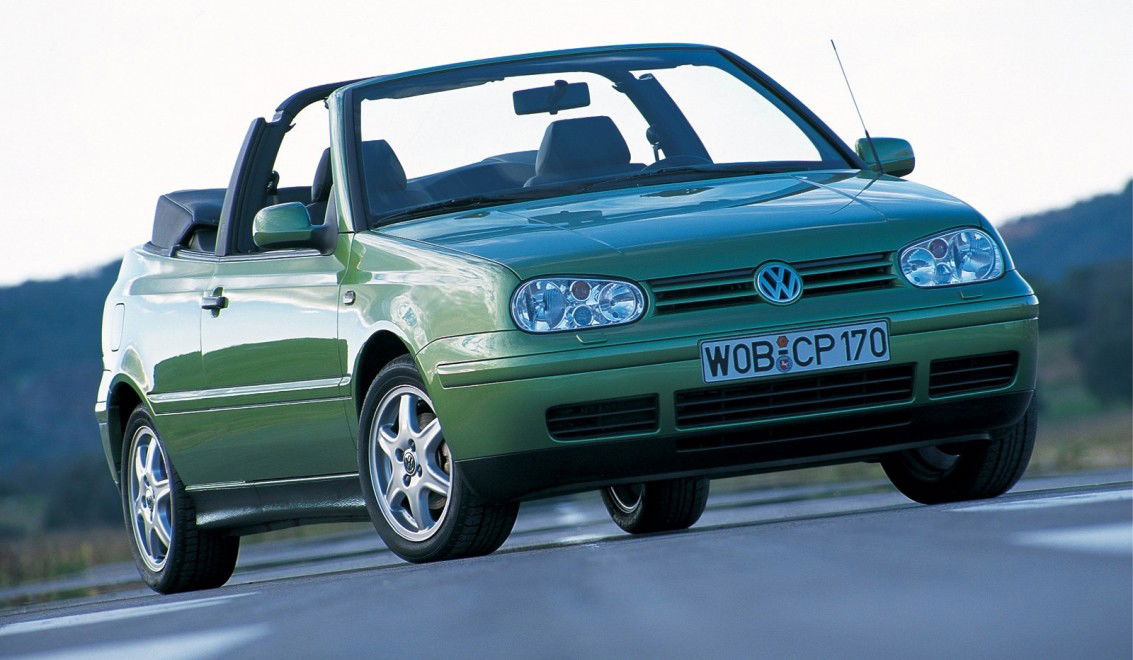
The subheading above is a bit of a lie. Why? Because there’s no such thing as a Mk4 Golf Cabriolet. VW never bothered making one, instead choosing to facelift the Mk3-based drop-top with a new front bumper, headlights and tail lights to make it look like the Mk4. It soldiered on until 2002, some 11 years after the regular Mk3 originally went on sale.
VW Scirocco

Rounding things off with another VW, we have the third-generation Scirocco to consider. Yes, its MkV Golf-shared VW Group A5 platform was still fairly fresh when the car debuted in 2008, but the Scirocco stuck around until 2017 without any platform changes. When the car went out of production last year, we were already on the facelifted version of the MQB-based Mk7 Golf. This was painfully obvious in the cabin - you can stick as much piano black trim as you want in there, VW, but there’s no disguising a dash lifted from a 15-year-old hatchback.
Make no mistake - it’s still a car we’re fond of. We just wish VW would have made a worthy successor for it, rather than keep it around on an aging architecture before quietly killing it off. RIP, Scirocco…
Any cars you can add to this list? Let us know in the comments!
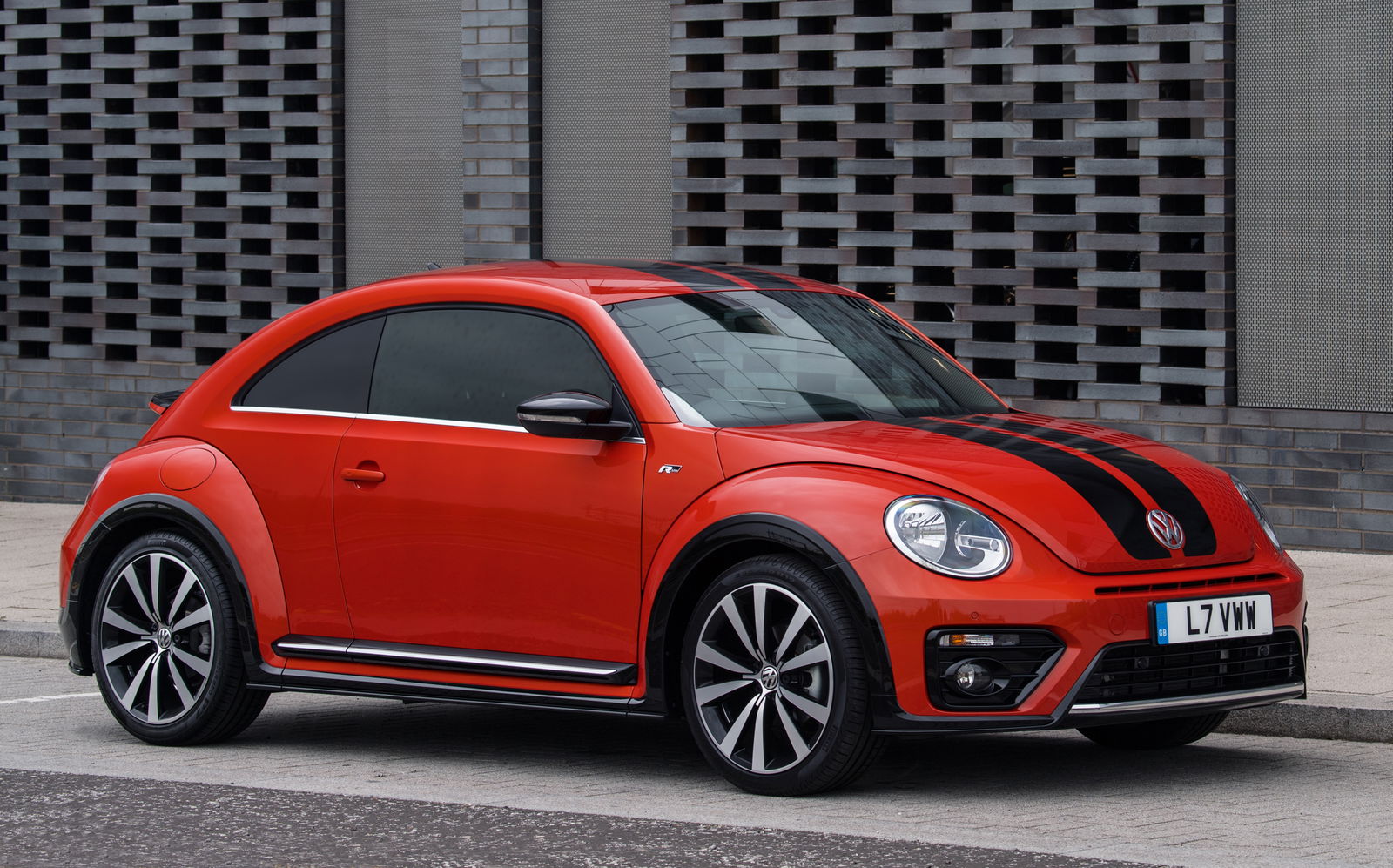

Comments
You forgot the Chrysler 300.
The Maybach 52/62 were built until around 2015, but were based on the early 1990s W140 S-Class, not even the then-new W220 from 1998.
New Dodge Challenger, dunno avout the chassis but looks wise at least has barely changed since its introduction
IIRC the Aston DB7 was loosely based on the 70s-vintage Jag XJS
Well you could add the latin america peugeots 208 /308/ 2008, citroen c3, c3 aircross, some vw models like the polo, the berlingo and partners, some chevrolets like the agile, spin, latam cobalt, etc
Ssangyong Rexton (Owned by Mahindra) uses a 3 gen old Mercedes M class platform from the 90s. Mahindra Thar based on the Jeep Wills. Force Gurkha again Ancient Mercedes G wagen platform and engine. Force One also
Audi R8 and Lamborghini Gallardo/Huracan?
You forgot the king, the Porsche Beetle 911.
Everyone complains about the Charger/Challenger being on an old chassis when there are plenty of others
Pagination